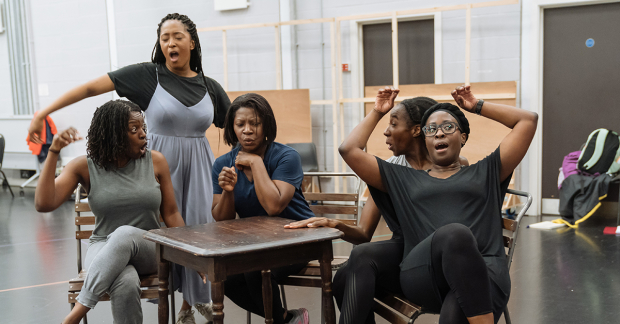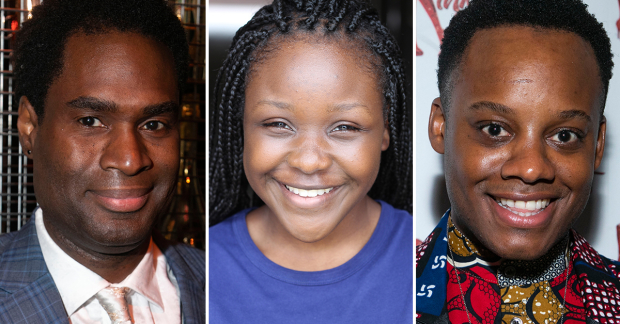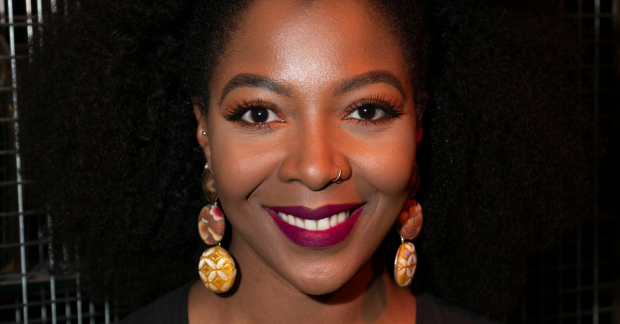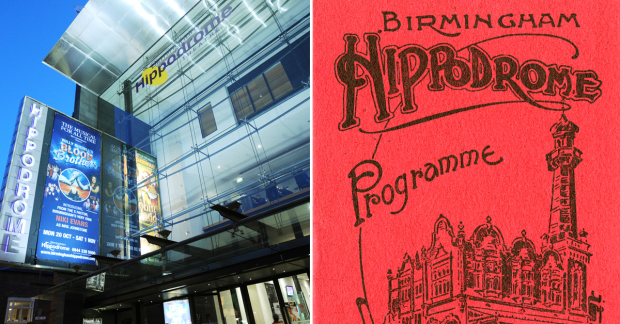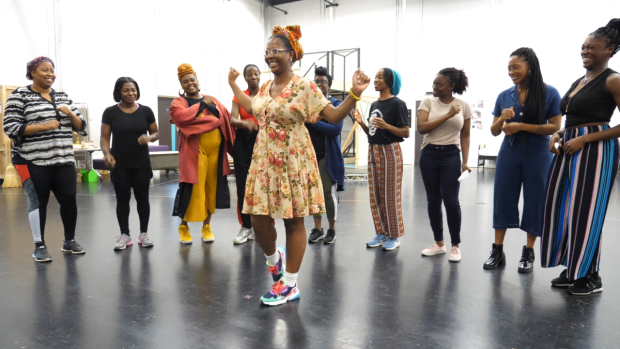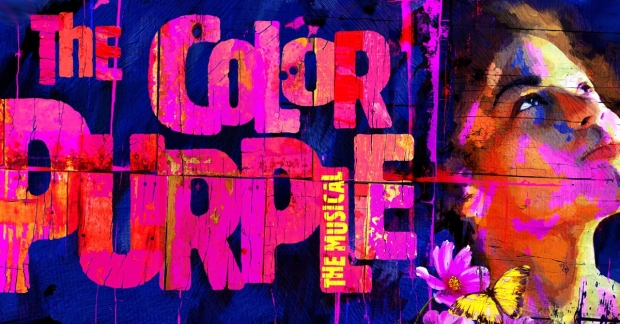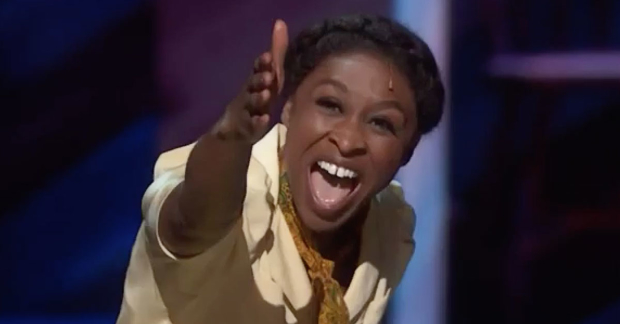Review: The Color Purple (Curve, Leicester)
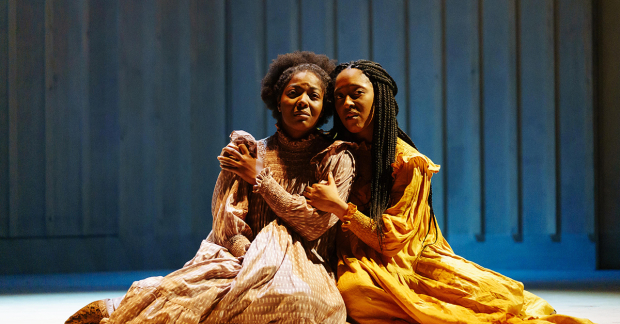
© Manuel Harlan
I'm beginning to wonder if I have a heart of stone. The multi-Oscar-nominated movie by Steven Spielberg of the Pulitzer Prize-winning novel by Alice Walker was "a grand multi-hanky entertainment", according to its New York Times review. Its themes of domestic violence, incest, racism and sexism overcome by the discovery of self-worth and the love of true friends guaranteed a blockbuster reception, while making a star out of Oprah Winfrey.
Throw in some high-energy gospel music, raw jazz and smoky blues for the stage musical, and you've surely got the makings of an emotional extravaganza of epic proportions. So why did this new co-production between Leicester's Curve and Birmingham Hippodrome – the first large-scale UK outing for this 2005 Broadway hit – leave me so cold?
Maybe it's to do with the show itself, which never really works as a musical. The first act has just two proper songs, with the rest of the score an episodic assembly of snippets of ideas that don't really go anywhere. It's also weirdly unbalanced, with the first 45 minutes featuring hardly any dialogue, followed by a second act that is so dialogue-heavy it could almost be called a play with music. And there's no logic to when anyone decides to break into song, meaning that when they do, it jars curiously.
Or maybe it's to do with the staging, in which director Tinuke Craig seems at a loss as to how to handle the big emotional moments or even position her cast convincingly, so that more than one crucial dramatic beat is played out upstage, sitting on the floor and tucked into a crevice of the set. Alex Lowde's design doesn't help, with only about a third of Curve's huge stage put into service thanks to two giant corrugated backdrop walls that create a literal barrier to the audience.
On the other hand, my goodness, these people can sing. The 17-strong cast are particularly impressive in tight harmony, whether it's pumping out a snippet of gospel or weaving an immaculate sonic tapestry in the show's title number, and there are some fine individual voices that cut through from time to time.
Holding the whole thing together are T'Shan Williams as Miss Celie, the abused and downtrodden protagonist who faces trial after trial in her wretched life in the Deep South of America in the first half the 20th Century, and Danielle Fiamanya, sadly underused as her long-absent sister Nettie. Both have voices that are captivating and powerful as appropriate, and their few scenes together are among the most moving of the night.
Ako Mitchell as Celie's domineering husband Mister works better when he turns good than when he's trying to be a villain, while Joanna Francis sings strongly without necessarily being the commanding presence required for Shug Avery, the charismatic nightclub star who changes Celie's outlook on life for good.
It's a solid if unimaginative rendering of a hit-and-miss show, delivered against a band that doesn't quite provide the emotional punch it really should.



